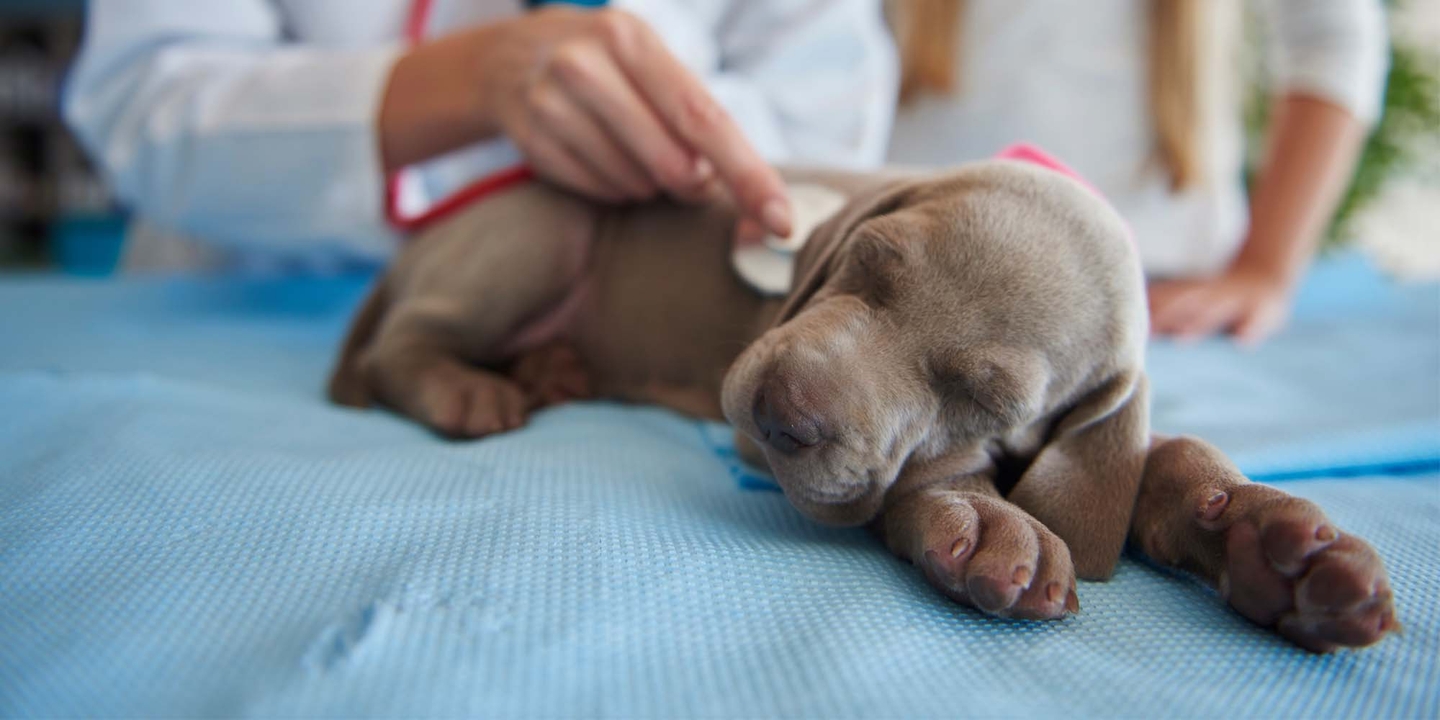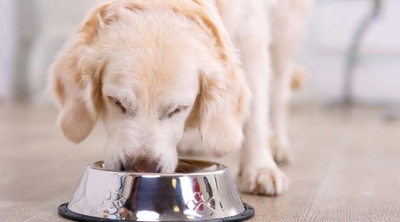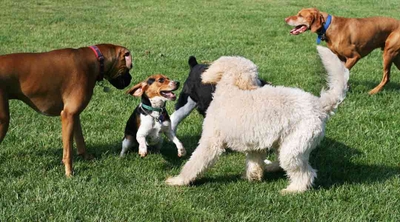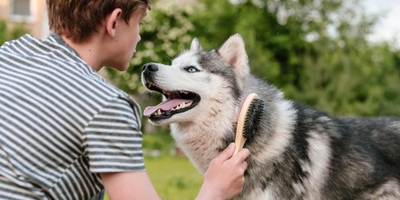Puppy vaccination side effects: What to expect after your puppy gets their first shots
3 min read
Adopting a puppy brings a lot of love, adventure, and responsibility to your life. Part of that responsibility includes protecting your pet from dangerous diseases and getting all necessary vaccines done on time. This guide will help you understand what vaccines your puppy needs and what to expect when the vet gives them those first shots.
The core series of puppy vaccinations
Your puppy must be vaccinated against four “core” diseases: parvovirus, distemper, hepatitis, and rabies. These are infectious and dangerous, so vets recommend the vaccines that protect against them for all dogs.
The DHPP vaccine protects against parvovirus, distemper, hepatitis, and parainfluenza, which is one of the viruses that causes kennel cough. A separate vaccine protects against the rabies virus. The DHPP vaccine is given as a series of four shots, with the first given at 6-8 weeks old and the last between 16-18 weeks. The rabies vaccine is given between 14-16 weeks with a booster shot every 1 to 3 years after the first dose.
Side effects of puppy vaccinations
While most dogs only have mild side effects, there are rare cases where some puppies might have severe reactions. Here’s a rundown of what to watch for.
Common, mild side effects after vaccination
You may notice your puppy has a few minor side effects that last just a day or two. These are quite common and may include:
- Tenderness or mild pain at the injection site (some puppies limp or yelp if touched near the injection)
- Low fever for a day or two
- Fatigue or lethargy that lasts a day or two
- Eating less than they usually do
- A small bump where the vaccine was injected that takes up to two weeks to go away
- Sneezing or cold-like symptoms for a day or two after an intranasal vaccine
Uncommon, dangerous side effects
Some side effects can be more serious and require immediate veterinarian attention, such as increasing redness, extreme pain, or discharge at the injection site. In rare cases, dogs may have a severe allergic reaction called anaphylaxis that requires immediate medical intervention or else they might go into shock. If this happens, it generally occurs within minutes to hours of the injection. Watch for these side effects:
- Vomiting or diarrhea
- Facial swelling
- Hives or itchiness
- Difficulty breathing
- Slow heart rate or a gray tongue (possible shock)
- Severe coughing
- Collapsing
When to see a veterinarian for vaccine side effects
In most cases, your puppy will have mild reactions within the first day or two of getting a vaccine. However, in rare cases, more severe symptoms can occur immediately or up to 48 hours after a vaccine, so you’ll want to watch your puppy those first couple of days just to be safe.
Call your veterinarian immediately if you see any severe symptoms listed in the preceding section or take your puppy to an emergency clinic. Depending on the symptoms, your vet may give your puppy antihistamines, steroids, oxygen, or IV fluids.
While the rare, dangerous side effects of vaccines may sound scary, your puppy is at far greater risk without those core vaccines given according to your veterinarian’s recommended schedule. As a loving pet owner, the best thing you can do is ensure your puppy gets all the vaccines at the correct times and then give lots of attention and love those first two days afterward.
How soon can I walk my puppy after their first shots?
You should wait at least two weeks after your pup finishes their core series of vaccinations since it takes about that long for the DHPP vaccine booster to be effective (the rabies shot takes about 28 days). Waiting to go on walks ensures the vaccine has ample time to build up your puppy’s immune system.
A backyard is a mostly safe alternative for pups who haven’t finished their core vaccine schedule, as long as there haven’t been any unvaccinated dogs or sick animals in your backyard within the past year.
Can my puppy be around other dogs?
Avoid contact with strange or unvaccinated dogs if your pup hasn’t finished their core vaccines. However, supervised play with vaccinated dogs that haven’t been in contact with unvaccinated ones is generally OK, such as a backyard play date. Also avoid dog parks altogether as there’s no way to know the vaccination status of every dog your pup would come into contact with.






